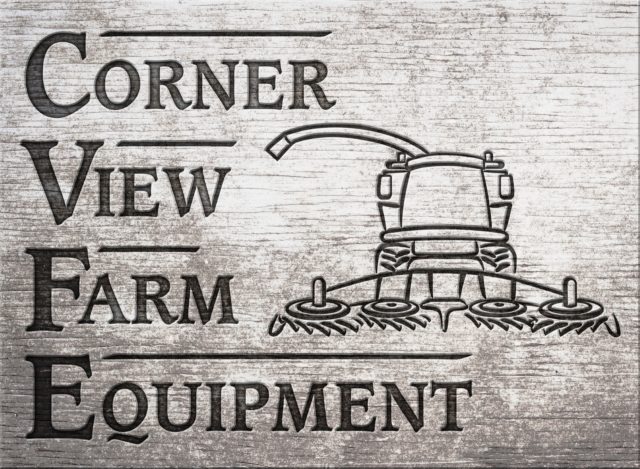When I passed by the house, taking the haybine, plow or some other equipment from one field to another, I always looked for one thing: if the red flag was down on our mailbox.
The mail came between 1:30 p.m. and 4 p.m. every Monday through Saturday, and with it a sense of possibility. There could be news from someone far away, a magazine I had a subscription for or an announcement for one annual event or another. As is often said, the mail was the internet before there was the internet. Mostly I was waiting to hear from literary journals I submitted stories to. When the self-addressed stamped envelopes did come back, it was easy to tell by its width if it was a form rejection letter or, less likely, an acceptance. In truth, most of what I actually received were credit card offers I had no use for. Still, checking the mailbox put a shape on the day.
According to the Office of Inspector General, there are still approximately 80,000 rural delivery routes operated by the United States Postal Service. Although running for over a century and a quarter, the advent of rural post did not come easily.
In 1880, Milton Trusler, president of the Indiana Grange, began speaking out in favor of Rural Free Delivery (RFD). At that point, those in the countryside had to drive to a post office or pay a private carrier to bring their mail, either of which was a notable inconvenience. Over the next 16 years, Trusler rallied support from farmers all over the state, as well as from the National Grange. He argued that the ability to receive post as easily as those in cities was an important right to offer those who worked hard to feed the nation. However, the non-farming population was split over the implementation of RFD.
Naturally, the four large express delivery companies that monopolized the delivery of packages and private mail opposed the implementation of RFD. They were operating largely unregulated and set variable rates at their convenience for their service. Joining them in trying to prevent RFD were many shopkeepers. Without an additional reason to go into town, many stores feared a loss in business. Rural people didn’t need supplies as often as they needed their mail. Stores also worried about losing additional sales to Sears, Roebuck and Company and their mailed catalogs. In fact, Sears, Roebuck and Co. did join the farmers in pushing for the service in what became a major political topic of the late 19th century.
Likely owing, at least in part, to the fact that politicians could reach voters easier via mailings through RFD, Trusler finally got his way. Congress approved the service in 1896. A network of postal routes through the countryside slowly evolved over the next decade, better connecting farmers and the rural population with the rest of the country.
All these years later, seeing the mail carrier pull into the driveway is a banal event. No longer the way most information travels, there is less to look forward to. I still receive rejections from literary journals, but now they show up in my email account. Still, in some ways it feels like we’re living through parallels of the 1890s again. The last decade or more has seen a push to expand high-speed internet into rural areas, making sure they stay connected and don’t experience the disadvantage of not having access. Politicians from all levels of government are trying to take credit for the funding available to extend cables to more remote places. Our family can vouch for the importance of the issue, as our farm in western New York still does not have high-speed internet, affecting various aspects of our daily life.
Old habits die hard. Although it might be silly, I still get excited to see mail in the postbox. For a slight second I am hopeful that the envelopes inside are going to hold some intrigue and not be the electricity bill or encouragement to consolidate my student loans. Once in a while, there’s a letter from a friend or family member that I didn’t expect to receive, but most of the time a tree died somewhere in an effort to sell me something I didn’t need. I don’t know if I respect those vain attempts more or less than those that I receive in my spam folder. Still, I return to the mailbox daily, trying not to take for granted what it means to get to receive something tangible from somewhere farther away, knowing that it was a right that was once not guaranteed.






